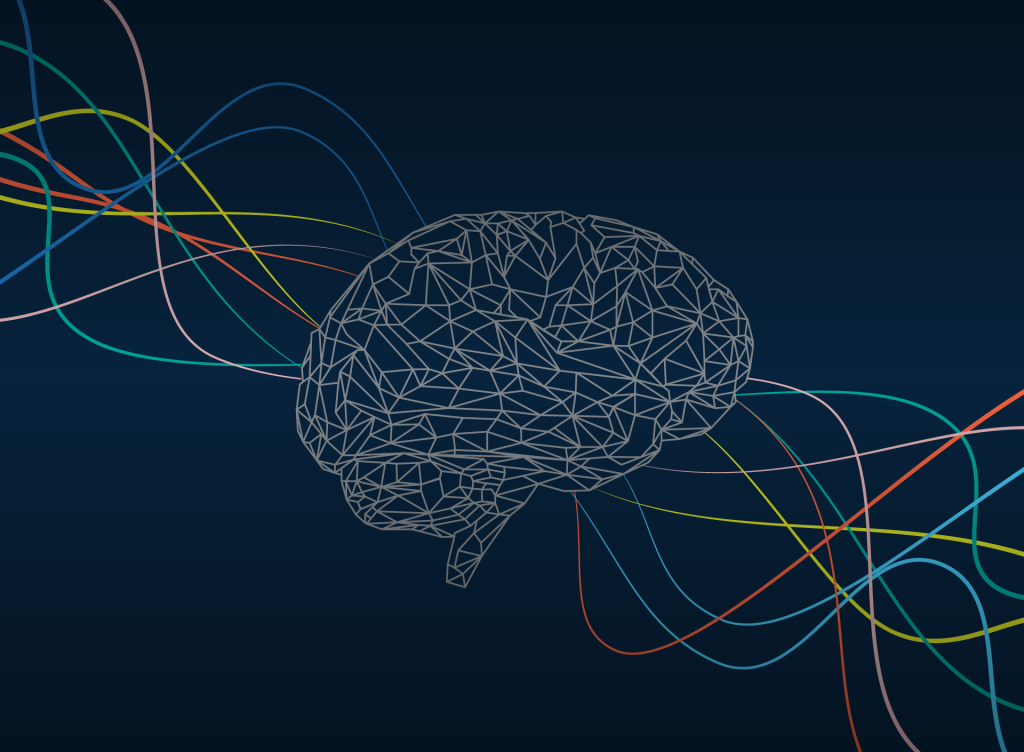In the first decade of consumer neuroscience, strong progress has been made in understanding how neuroscience can inform consumer decision making. Indeed, researchers have succeeded, in just a few years, to achieve a sophisticated understanding of how the brain computes the value of choice options and compares these values leading to choose and how context modulates these basic valuation and decision processes.
The specific subfield of consumer neuroscience, which applies neuroscience insights and techniques to consumer behavior and marketing problems, has really prospered.
The goals of this interesting paper are to both briefly review the history of consumer neuroscience and highlight new theoretical perspectives and methodological advances.
Consumer neuroscience covers a broad range of topics. All four elements of the marketing mix-product, price, promotion, and place—have received at least some research attention in the discipline’s first decade. Most attention has been given to pricing and products (e.g., Knutson et al. 2007; Plassmann et al. 2008), including branding (for review, see Plassmann et al. 2012). Knutson et al. (2007) demonstrated some of the benefits of using neural methods by having participants engage in a shopping task in the functional MRI (fMRI) scanner.
Notably, the bulk of consumer neuroscience literature has been published in top-tier neuroscience journals rather than marketing journals, making it clear that these marketing phenomena have broad scientific appeal.
The Advertising Research Foundation (ARF) has taken an early interest in considering the added value of neuroscience techniques to advertising. They indicate that while traditional measures are still good predictors of commercial effectiveness, fMRI measures are able to improve those predictions significantly. Their recent findings prove that “neural focus groups” may contain information that can predict out-of-sample behavior and market success even beyond information obtained from conventional marketing methods

Reference: Smidts Ale, Hsu Ming, Sanfey Alan, Boksem Maarten, Ebstein Richard, Huettel Scott, Kable Joe, Karmarkar Uma, Kitayama Shinobu, Knutson Brian, Liberzon Israel, Lohrenz Terry, Stallen M. & Yoon, Carolyn. (2014). Advancing consumer neuroscience. Marketing Letters. 25. 257-267.

